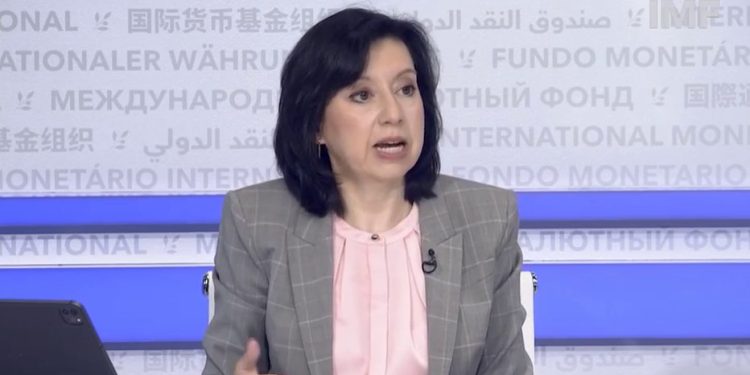The International Monetary Fund (IMF) has endorsed Ghana’s new Energy Sector Shortfall and Debt Repayment Levy, calling it a strategic step toward stabilizing the country’s energy sector and achieving fiscal sustainability under the Extended Credit Facility (ECF) programme.
The levy, which introduces a GH¢1 charge per litre on petroleum products, is designed to tackle longstanding debt and financial challenges in Ghana’s energy sector. Speaking at a press briefing, Julie Kozack, Director of the IMF’s Communications Department, emphasized its importance.
“This new measure will help generate additional resources to tackle the challenges in Ghana’s energy sector and bolster Ghana’s ability to deliver on the fiscal objectives under the programme,” Kozack stated.
The levy, however, has sparked controversy, with the Minority in Parliament arguing it burdens already struggling consumers. Despite the criticism, the government has defended the levy, describing its impact on consumers as marginal and noting that current fuel prices at the pump are lower than during previous high-inflation periods.
The implementation date for the levy has been postponed from June 9 to June 16, 2025, following consultations with the Chamber of Oil Marketing Companies. During this extension, energy sector stakeholders, including the Chamber of Petroleum Consumers, are urging the government to enhance engagement and ensure transparency in how the levy will be utilized.
As the debate continues, the levy remains a focal point in Ghana’s broader efforts to resolve structural energy challenges and achieve fiscal stability. The coming weeks will be critical in determining how this policy is received by both the public and industry players.














